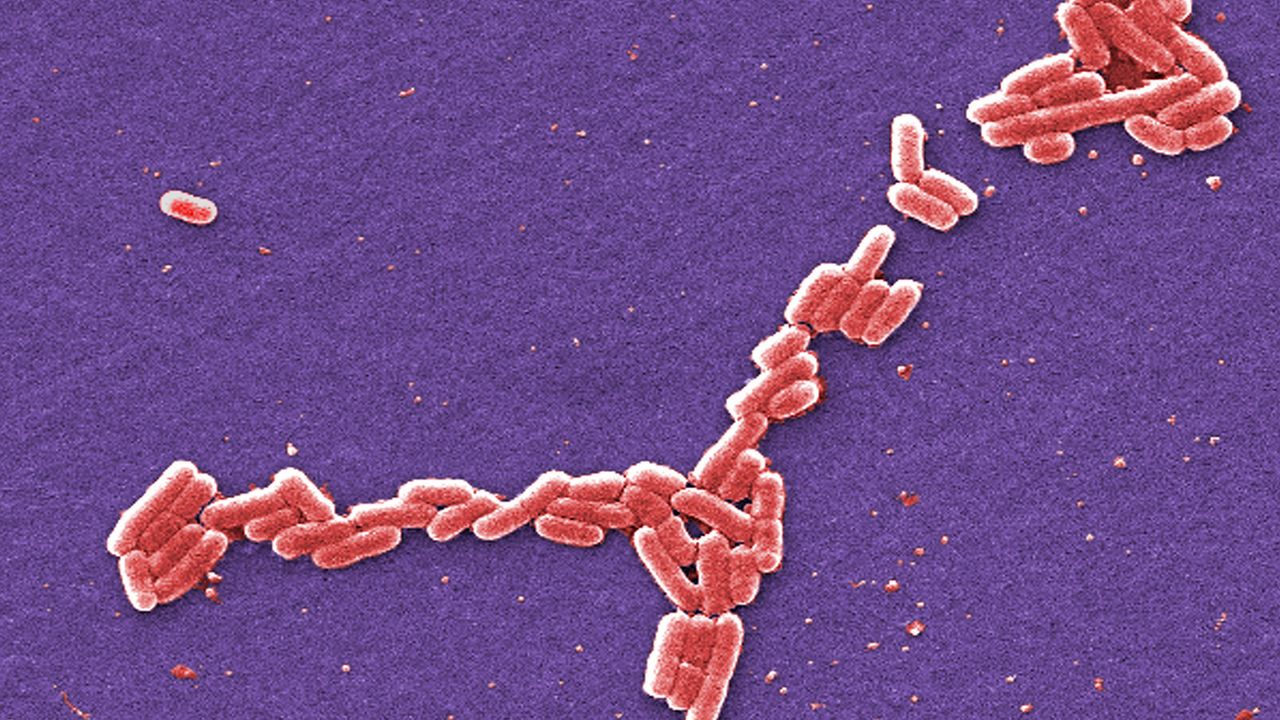OHIO — The Centers for Disease Control and Prevention said a "fast-moving" E. coli outbreak has infected 29 people between Ohio and Michigan, and at least nine people have been hospitalized, as of Thursday. No deaths have been reported.
The CDC said 15 of the sickened individuals are from Michigan and 14 of them are from Ohio.
The source of the outbreak is unknown as officials move quickly to determine the cause.
The CDC said the number of people infected is likely higher than what has been reported. So far, officials are doing the following to determine the source:
- Interviewing sickened individuals on what they have eaten the week before they got infected
- Officials are using the PulseNet system to identify and confirm illnesses that are part of this outbreak, which manages a national database of DNA fingerprints of bacteria that cause food-borne illnesses
- The PulseNet system then has the DNA fingerprinting performed on bacteria using a method called whole genome sequencing, and if it shows that the bacteria from sick people’s samples are closely related genetically, it suggests that people in this outbreak got sick from the same food
If a food item is identified, the CDC will issue advice for people and businesses.
The symptoms for E. coli include:
- Severe stomach cramps
- Diarrhea (often bloody)
- Vomiting
- Some people may have a fever, which usually is not very high (less than 101˚F/38.5˚C)
The symptoms last around five to seven days, according to the CDC. Symptoms usually start to show three to four days after eating or drinking items that contain the bacteria. Illness can begin anywhere from one to 10 days after exposure, though, officials said.
The CDC encourages people to contact their health care providers if they are experiencing symptoms of E. coli for more than three days, or if liquids can't be kept down and urinating isn't as frequent as normal.



